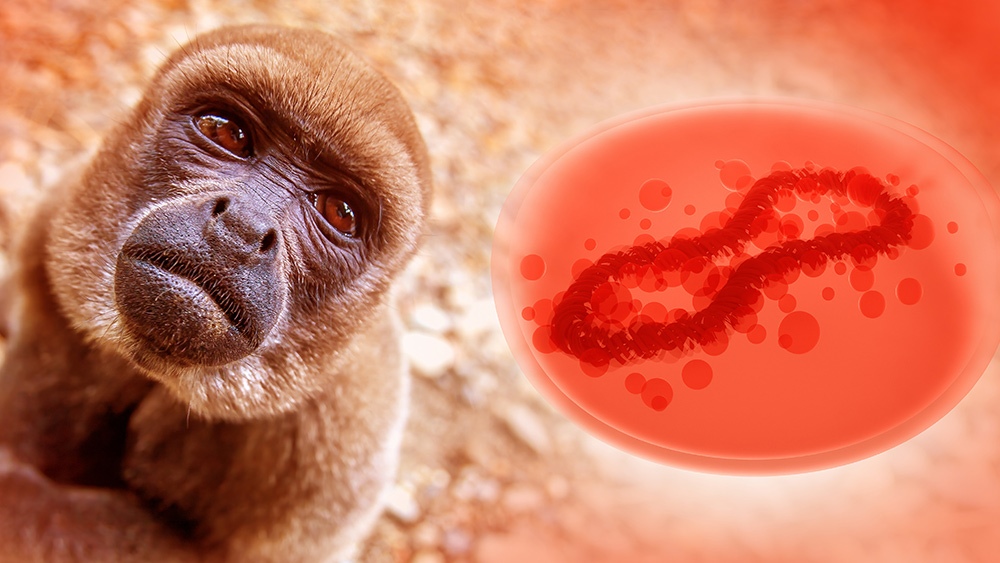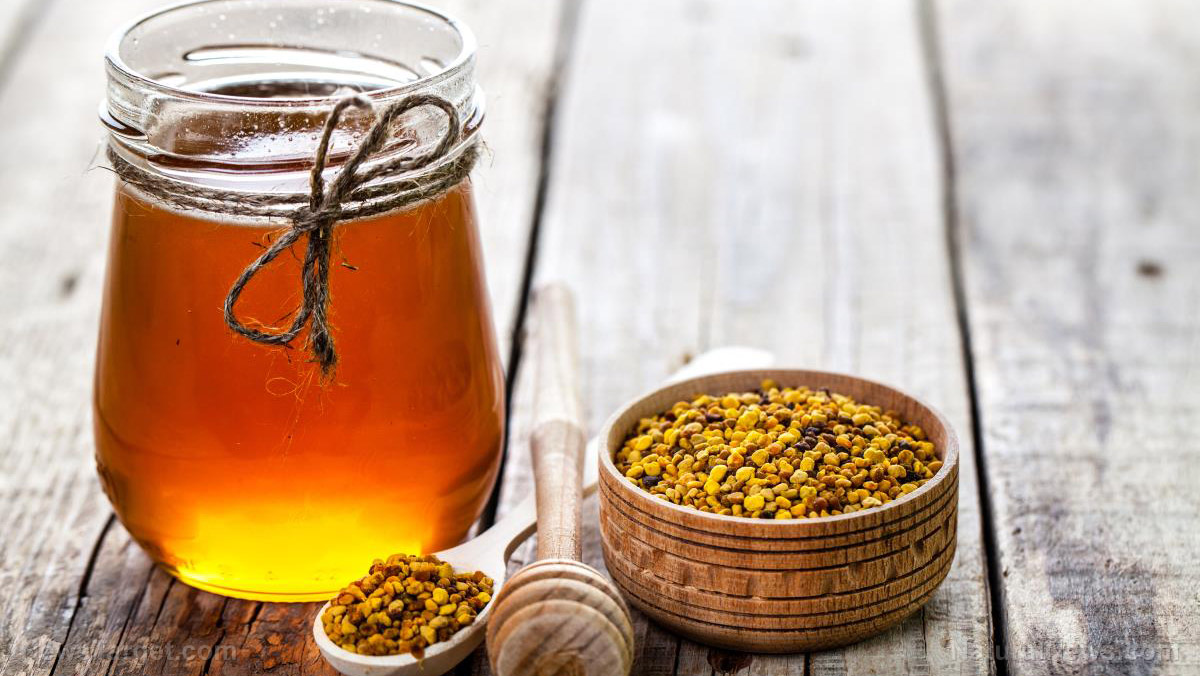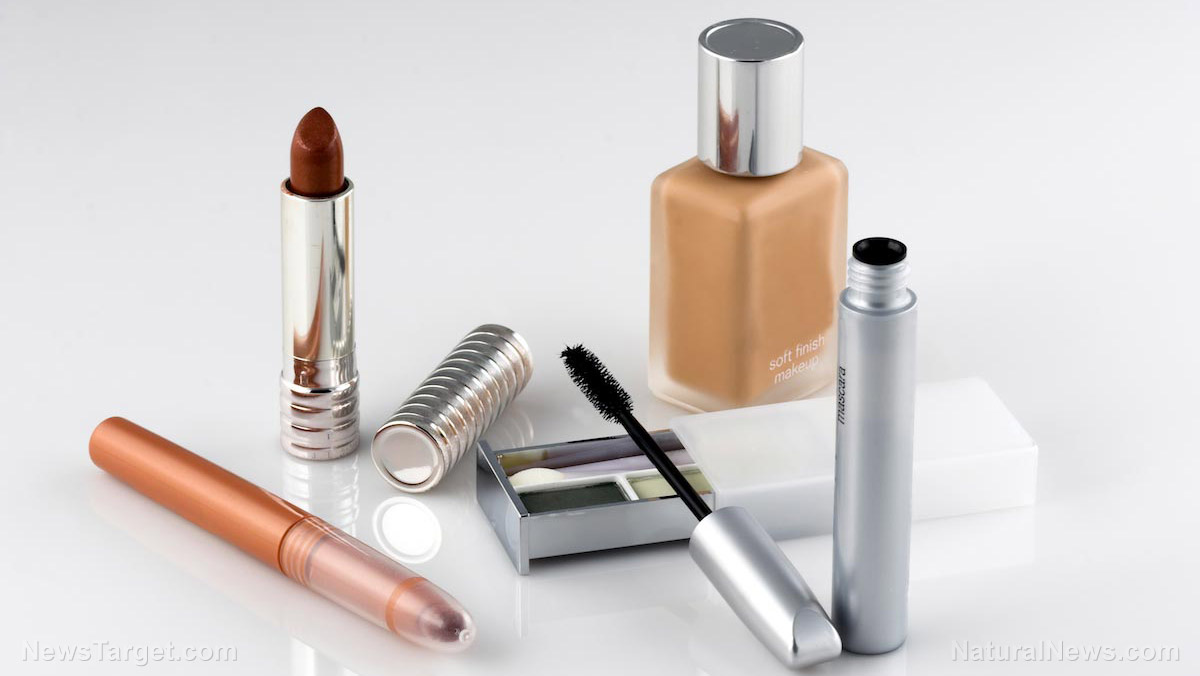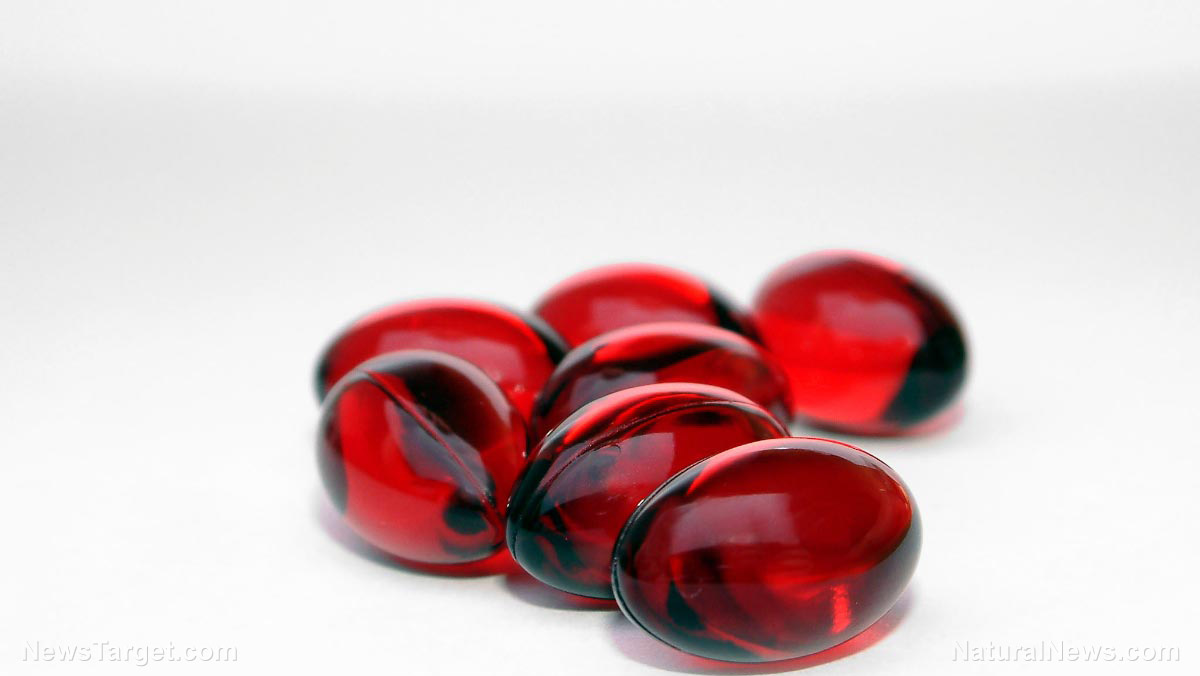Here’s why bee pollen is considered a goldmine of nutrition
09/21/2022 / By Olivia Cook
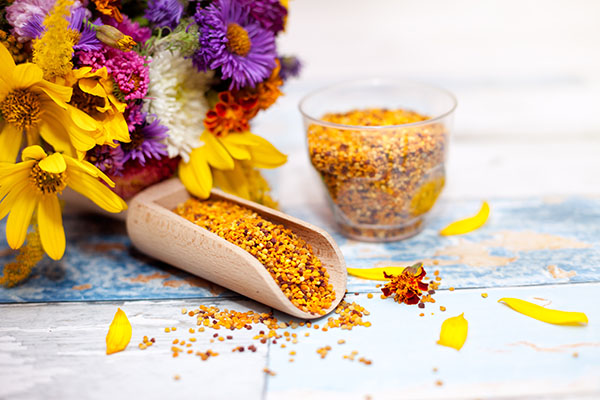
A study published in the journal Evidence-based Complementary and Alternative Medicine has called bee pollen a goldmine of nutrition due to its bioactive compounds that demonstrate antifungal, anti-microbial, antiviral, anti-inflammatory, hepatoprotective, anti-cancer, immuno-stimulating and local analgesic activities.
Bee pollen contains all 22 known amino acids, including tryptophan, phenylalanine, methionine, leucine, lysine, threonine, histidine, isoleucine and valine, which play an important role in optimal growth and health.
With around five times more amino acids than an equal serving of beef, milk, eggs or cheese, bee pollen must be included in the diet for their vital engagement in “gene expression, cell signaling pathways, digestion and nutrient absorption,” according to a study published in the journal Experimental Biology and Medicine (Maywood, NJ).
Bee pollen has over 250 different flavonoids (e.g., kaempferol, isorhamnetin and quercetin), phenolic acids (e.g., chlorogenic acid), lipids (e.g., triglycerides, phospholipids), glutathione and other phytonutrients that are vital in defense responses. It also contains a wide array of vitamins that exist in perfect proportion, including vitamins A, C, D, E and B-vitamins thiamin (B1), riboflavin (B2), niacin or niacinamide (B3), pantothenic acid (B5), pyridoxine (B6), biotin (B7) and folate (B9). These vitamins are both water- and and fat-soluble and they often act as enzyme cofactors.
Twenty-eight minerals are found in bee pollen, helping regulate enzymatic processes. These include macronutrients like calcium, phosphorus, magnesium, sodium and potassium; and micronutrients like zinc, iron, copper, manganese, silicon, molybdenum, cobalt, chromium, iodine, nickel, boron and selenium.
According to a study published in the journal Trends in Food Science and Technology, bee pollen has an average of 54.22 percent carbohydrates, 21.30 percent proteins (e.g., albumin, globulins, glutelins, prolamines and enzymes) and 5.31 percent lipids as essential fatty acids (e.g., archaic, linoleic, phospholipids and phytosterols), which play a key role in various bodily functions, including heart health, cancer prevention, cognitive function, skin health and obesity prevention.
Science-backed health benefits of bee pollen
Recognized as “life-giving dust” by ancient Greeks, Egyptians and Chinese practitioners of natural medicine, bee pollen is one of Mother Nature’s most potent and complete superfoods that support overall physical health and wellbeing. (Related: Bee pollen – A budget friendly food for health and healing.)
Supports healthy immune function
A study published in the Iranian Journal of Allergy, Asthma and Immunology reported bee pollen flavonoids as a therapeutic agent in allergic and immunological disorders.
According to a study published in the journal Molecules, quercetin in bee pollen is known for its antioxidant activity in radical scavenging and anti-allergic properties characterized by stimulation of the immune system, antiviral activity and inhibition of histamine release.
Supports heart health
A study published in the journal Nutrients reported that supplementing diets with polyphenol-rich ethanol extract of bee pollen (EEP) resulted in lowering total cholesterol and triglyceride levels. EEP protected coronary arteries by significantly limiting the development of atherosclerosis or completely preventing its occurrence. Additionally, antioxidants in bee pollen protect lipids (e.g., triglycerides) from oxidizing. When lipids oxidize, they clump together, restricting blood vessels and raising your heart disease risk.
Supports liver health
Results of a study published in the journal Nutrients reported that Schisandrachinensis bee pollen from the flowers of S. chinensis, which is widely cultivated in China, has strong antioxidant properties that can prevent liver damage. Schisandrachinensis bee pollen extract has prevented non-alcoholic fatty liver disease and gut microbiota disorder induced by high-fat diets.
Supports healthy skin and hair
According to Dr. Lars-Erik Essen, a Swedish dermatologist who pioneered the use of bee products for skin issues, bee pollen’s high concentrations of nutrients offer effective protection against dehydration and injects new life into dry cells. The skin becomes younger looking, less vulnerable to wrinkles, smoother and healthier with the use of honeybee pollen. He also noted that bee pollen can help treat acne, eczema and many other skin conditions.
According to a study in the journal Molecules, bee pollen facilitates the granulation process of burn healing and regenerates damaged tissues.
Bee pollen is also used to produce shampoos and conditioners for its sebo-balancing activity. Bee pollen normalizes the activity of sebaceous glands due to the presence of zinc, methionine and phospholipids.
Moreover, sulfur-containing amino acids (mainly cysteine) present in bee pollen strengthen the hair shafts. Bee pollen is also added to anti-dandruff shampoos since it limits fungal growth and stops the itching of the scalp.
Improves physical performance
Francis Huber, a renowned German natural scientist, said bee pollen is the “greatest bodybuilder” on the planet. It is effective in stimulating the body’s metabolism, promoting increased energy and decreasing recovery times after workouts due in part to its full spectrum of amino acids. (Related: Bee Pollen: A Powerful Sex Drive Enhancer.)
Bee pollen’s nutritional diversity makes it an ideal dietary supplement to boost a balanced diet. You can buy delicious bee pollen in golden-colored granules and eat them plain like a handful of sunflower seeds or sprinkle them over your cereals, yogurt, salad or smoothies. It is also available as a dietary supplement.
Watch this video about the incredible health benefits of bee pollen.
This video is from the Natural News channel on Brighteon.com.
More related stories:
Study finds that bee pollen can mediate some effects of autism.
Bee pollen proven to be a “treasure trove of active natural metabolites” that benefit human health.
Sources include:
Submit a correction >>
Tagged Under:
anti-inflammatory, antioxidant, Bee Pollen, Energy Booster, food is medicine, food science, hair health, health science, heart health, immune system, liver health, natural health, natural medicine, nutrients, nutrition, skin health, supplements
This article may contain statements that reflect the opinion of the author
RECENT NEWS & ARTICLES
COPYRIGHT © 2017 COSMETICS NEWS





